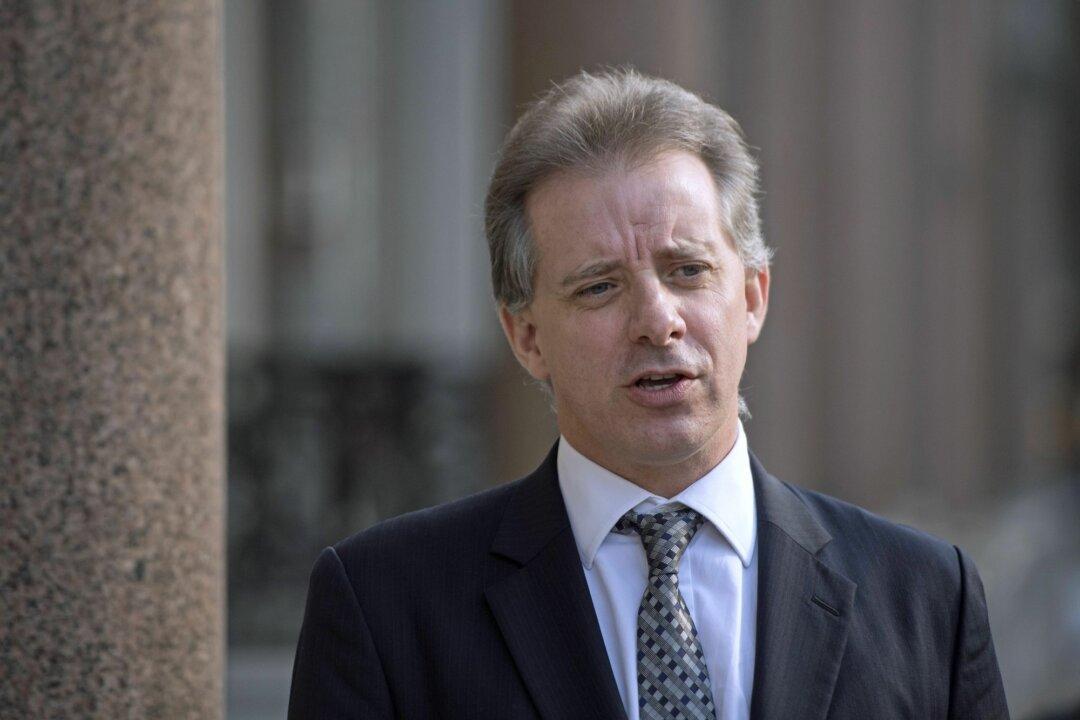A British court on July 8 ordered Christopher Steele to pay damages to Russian businessmen who sued him over claims in one of the memos in Steele’s infamous dossier.
In a lengthy opinion, High Court of England and Wales Justice Mark Warby ruled that Steele and his company, Orbis Business Intelligence, failed to properly verify one of the claims in the memo before disseminating it and ordered Steele to pay more than $22,000 each to two of the three claimants.





